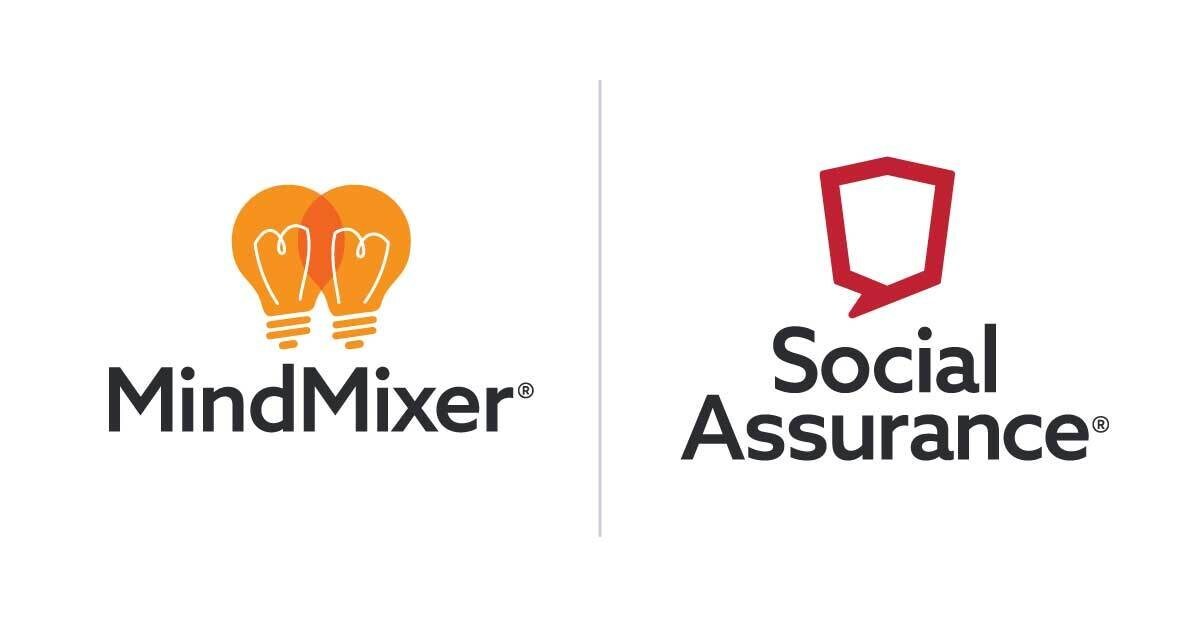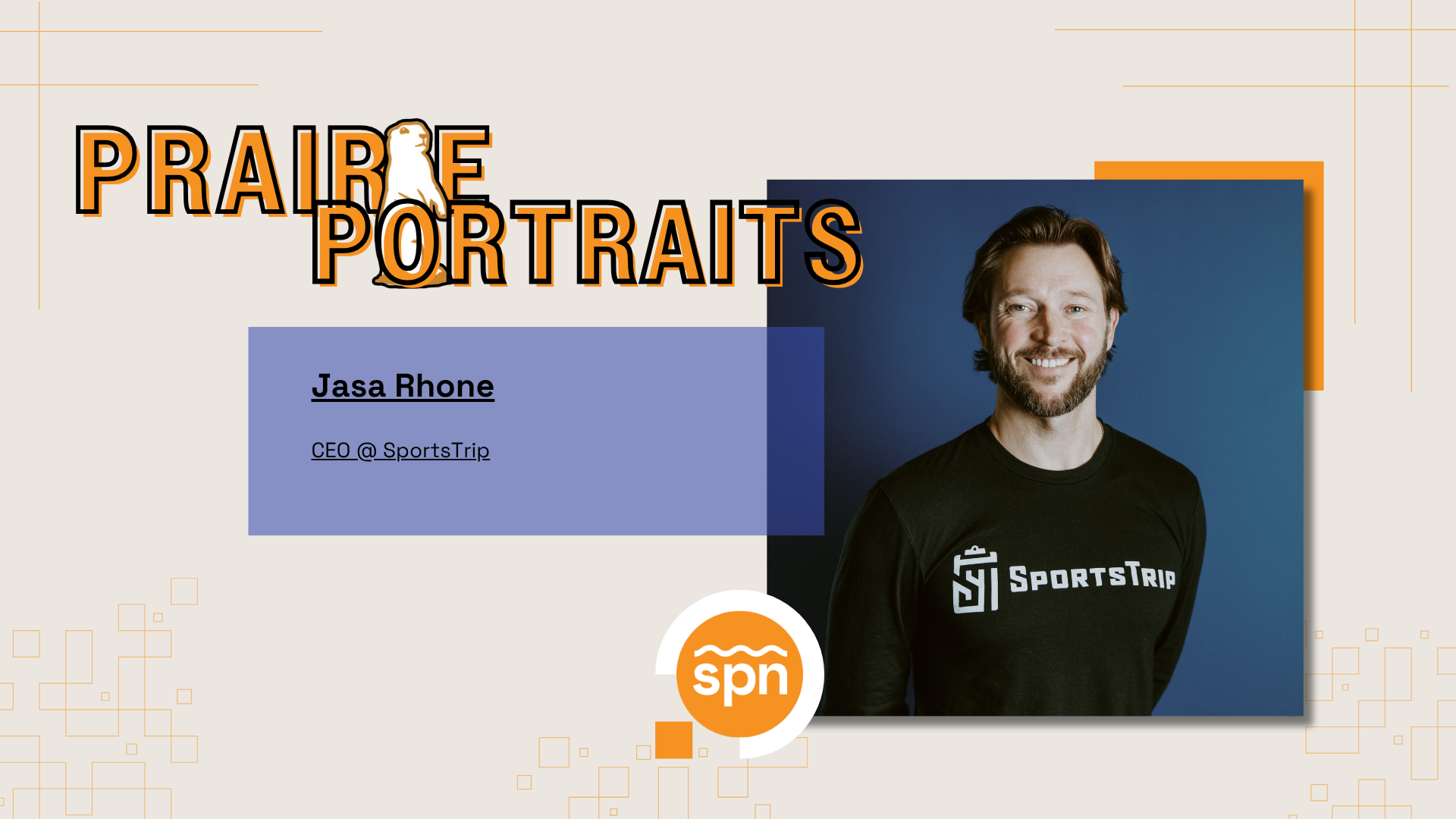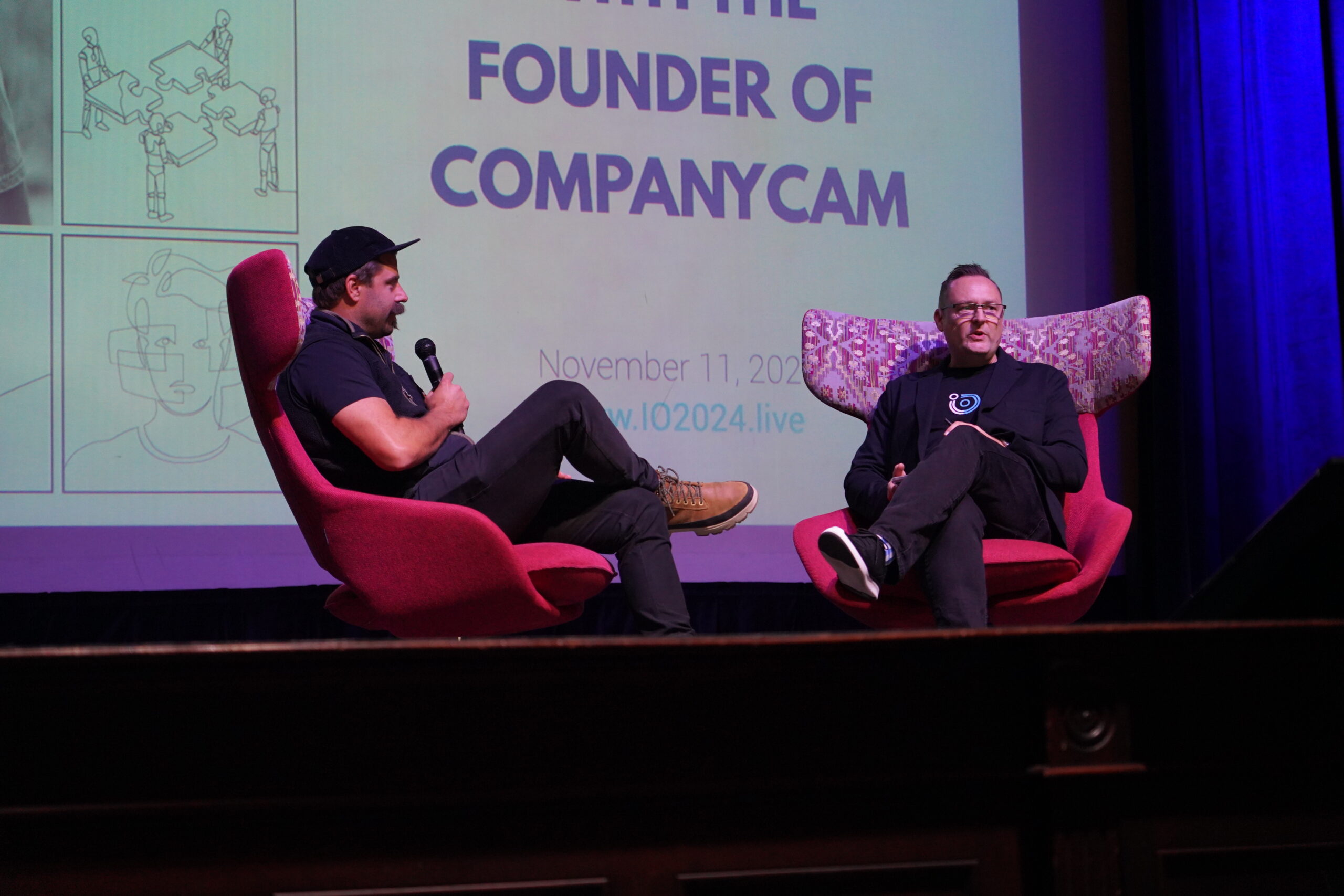To end the first full-day of Big Omaha on Thursday, four speakers stuck around for an audience Q&A. Megan Casey of Pack, Anil Dash of ThinkUp, Tony Conrad of about.me, and Ben Milne of Dwolla. The group used their personal experiences to respond to questions on their failures in the workplace, personality traits they’re forced to fight and the pains of public speaking.
Making mistakes and moving forward
Inspired by Catherine Rohr’s earlier talk on redemption, the panel was asked about what they identify as their biggest personal failures. Casey expressed regret over lingering in her comfort zone: “I played it really safe for a couple of years,” she said. “It felt really nasty to sit still and be complacent. Any time I don’t push myself over the line is a failure for me.”
Conrad also lingered on a moment of indecision, specifically at a position where he loved the work, but clashed with his co-workers. “It’s hard to walk away from the prestige of the gig, but when I finally did it, I reminded myself that I will not work with people that I’m not totally jazzed—like 1,000-fricking-percent—to be waking up so excited to see them despite their flaws.”
Milne experienced that issue from another angle when he pushed an employee, and friend, into uncomfortable territory. “I saw a set of skills that I thought someone could use in a different position, and I used my personal relationship with them to convince them to take on that work,” he said. “I’m pretty sure I just made him totally miserable.”
Abrasive and unwanted character traits
Successful entrepreneurs can come off as aggressive, and the speakers indicated that recognizing that imperfection is the first step to counteracting it.
Dash highlighted his propensity for acting like a know-it-all. “I think it’s really hard to say ‘I don’t know’ and really, really practice that,” he said. “I was in a room full of experts on education and policy, and I had to kind of keep kicking myself and saying ‘you don’t know jack shit about this. You should be shutting up and listening.’”
Understanding the way you work helps. Casey, for example, reworked how she set deadlines. “I deliver on the big promises,” she said, “but the little stuff, like I’ll get that to you by Tuesday, it’s always going to be Wednesday. I try to adjust my behavior around those kinds of things because the more you do that the more you start to look unreliable.”
Milne said not everyone’s going to like you; it’s just part of an entrepreneur’s profile. “The reality is if you’re going to start a company, and you have the confidence to do it, and you also see the way you want a product to function, you’re gonna have really strong opinions that come with that,” he said. “Part of that becomes how do I communicate that without being so abrasive.”
Getting meetings with investors
Unless you’re bootstrapping it, investors are a key part of any startup’s success. The panel had some advice on catching the attention of the right people. “Always be developing relationships,” Conrad said. “That includes founders, fellow entrepreneurs, investors, lawyers, all kinds of people.”
Milne suggested being proactive. “Figure out who you want to talk to, and start there,” he said. “Pick investors that invest in your space, like companies that solve problems that you currently have, literally write down who and why, and start to ask people here,” he said. “You’ll probably be really surprised when you get some names.”
What’s the best way to get up in front of a mic?
Whether it’s a high-profile presentation or a pitch to venture capitalists, public speaking isn’t easy. But since they just gave talks themselves, the panel offered some advice.
“You have to really believe what you’re saying,” Dash said. “I’ve had horrible experiences tripping over my words, embarrassing myself, forgetting what I was saying. If you find yourself struggling to know what to say, ask yourself if the reason why is that your not passionate about what you’re saying.”
On the nightmarish end, Milne painted a picture of an extremely common fear. “Speaking in public and talking to investors to me feels somewhat analogous to meeting someone for the first time, taking all of your clothes off with the lights on, letting them talk outloud about you while your eyes are closed, knowing that it is their job in your relationship to talk about everything that was wrong with you, after you leave the room still with no clothes on.” he said. ” Inevitably if it’s worth it to you, you just have to keep doing it.”
Do-overs
Each speaker was asked what they would tell themselves if they could travel back in time 10 years. Their answers were short and sweet:
Milne: “Get it in writing.”
Conrad: “Find people that you’re super jazzed to partner with, to work with, and to be around.”
Casey: “Design your own life.”
Dash: “Know when you’re right, know your gut and believe it.”
Credits: Photo by Malone & Co.


